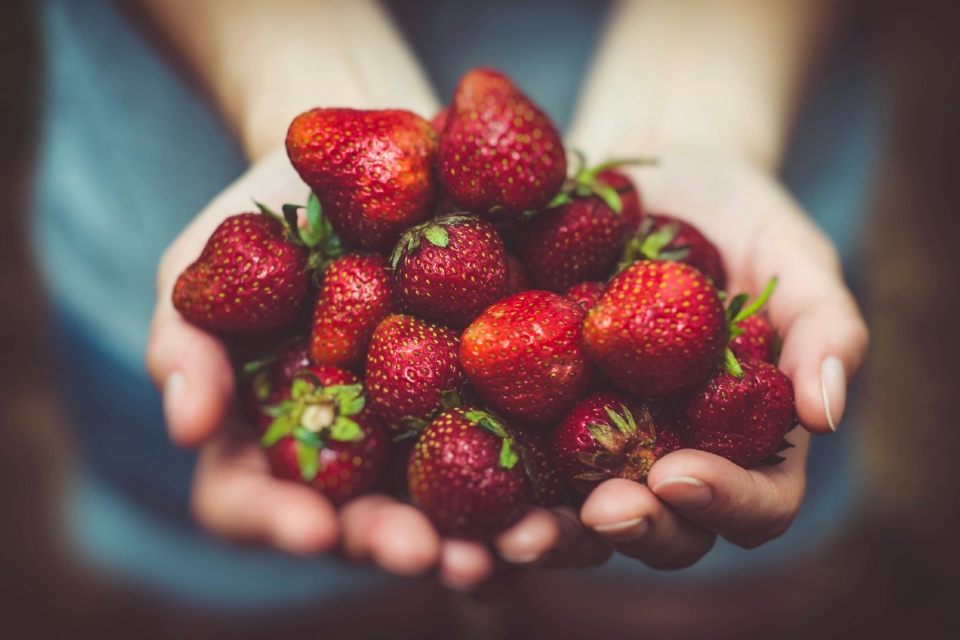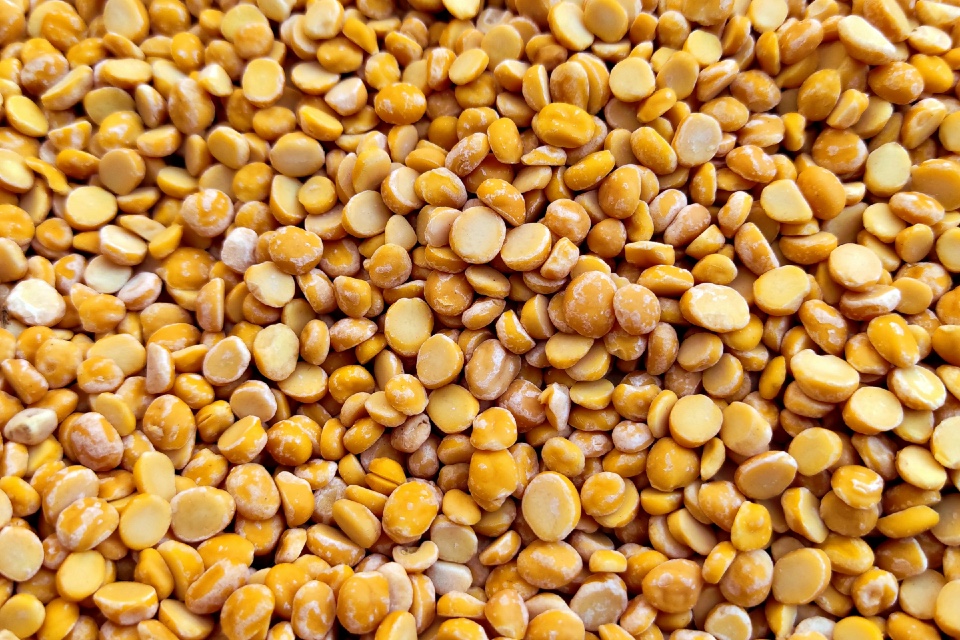Catering solutions for the UK’s care homes have been evolving significantly since the pandemic, focusing on enhancing nutrition, personalisation, and operational efficiency. Senior care home management professionals are adopting innovative catering trends to improve resident satisfaction, meet dietary needs, and optimise costs. Here’s an overview of the biggest trends, covering usage scenarios, technology and cost considerations based in part on delegate requirements at the Care Forum…
1. Personalised and Nutrient-Dense Meal Planning
A primary trend in care home catering is the shift toward personalised, nutrient-dense meals tailored to individual health needs and preferences. With residents often facing specific dietary requirements due to medical conditions like diabetes, dementia, and heart disease, care homes are increasingly using dietary software to create customised meal plans. These tools track resident dietary preferences, allergies, and nutritional needs, ensuring meals are both appealing and health-focused.
Personalised meal planning solutions help improve resident health and satisfaction, especially in scenarios where customised diets contribute to overall wellness. While the initial cost of implementing dietary management software may be notable, it reduces waste and supports compliance with nutritional standards, making it a cost-effective choice in the long term.
2. Sustainable and Locally Sourced Ingredients
Sustainability is a growing priority across the catering sector, and care homes are no exception. Many are turning to locally sourced and organic ingredients to provide fresh, high-quality meals while reducing environmental impact. Some care homes are forming partnerships with local farms and suppliers to ensure a steady flow of seasonal produce. This approach not only supports local businesses but also offers residents a variety of fresh, flavorful ingredients.
While locally sourced ingredients can be more expensive than conventional options, bulk purchasing and reduced food miles can offset costs. Additionally, care homes using sustainable sourcing practices can enhance their reputation among families and potential residents, who increasingly value environmentally responsible care facilities.
3. Technology-Driven Kitchen Management Systems
To streamline operations, many care homes are adopting kitchen management systems that help automate inventory tracking, meal planning, and portion control. These systems can monitor stock levels in real-time, alert staff to replenish ingredients, and even suggest cost-effective substitutions. For busy kitchens in large care homes, this technology improves efficiency and reduces food waste, leading to substantial cost savings.
These kitchen management systems, often available as SaaS platforms, involve subscription costs but provide significant operational efficiencies that offset the investment. By minimising manual inventory management and optimising food usage, these systems contribute to a more efficient and cost-effective catering process.
4. Texture-Modified and Easy-to-Eat Options
Many care home residents require texture-modified meals—such as purees and minced options—due to swallowing difficulties or dental issues. Care homes are now offering a wider range of texture-modified dishes that maintain flavour, visual appeal, and nutritional integrity. Innovations like moulded purees, which resemble regular foods, are popular as they make meals more appetising and maintain residents’ dignity.
Texture-modified options add to food preparation costs, but their impact on resident satisfaction and nutritional intake is invaluable, making this an important investment for care homes aiming to support residents’ well-being.
Outlook for 2025 and Beyond
Looking ahead, the focus on personalisation, sustainability, and operational efficiency in care home catering will continue to grow. Senior care home managers can expect further advancements in dietary software, kitchen automation, and texture-modified options. As the sector prioritises resident-centered care and sustainable practices, these catering solutions will play a vital role in enhancing both resident satisfaction and care home reputation, setting a higher standard for nutrition and well-being across the industry.
Are you searching for Catering solutions for your organisation? The Care Forum can help!







